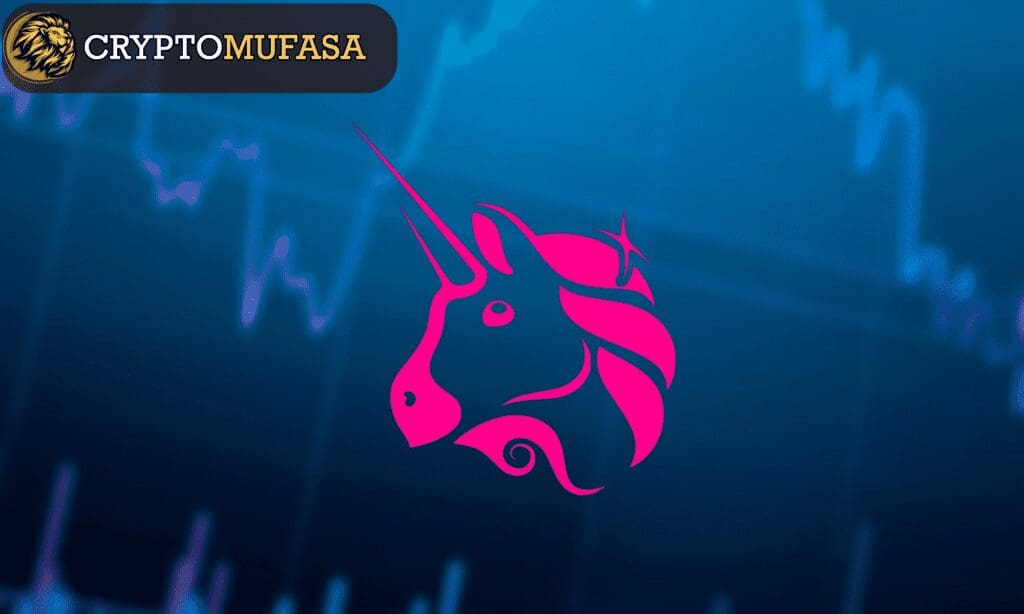The U.S. Commodity Futures Trading Commission (CFTC) has brought charges against Uniswap Labs, the developer behind one of the world’s largest decentralized exchanges (DEX). The CFTC alleges that Uniswap facilitated illegal derivatives trading to U.S. retail investors, a significant move that marks the latest regulatory scrutiny on the decentralized finance (DeFi) sector. The controversy surrounding CFTC’s action against Uniswap marks a crucial moment for both entities.
On September 4, the CFTC announced that Uniswap Labs had agreed to settle the charges. As part of the settlement, the company will pay a civil penalty of $175,000 and has committed to ceasing any activities that violate the Commodity Exchange Act (CEA). This move indicates a significant pivot in how Uniswap will operate amid CFTC scrutiny.
CFTC’s Stance on DeFi: A Message to the Industry
Ian McGinley, the director of the CFTC’s enforcement division, emphasized that the commission is prepared to rigorously enforce the CEA as the digital asset and DeFi spaces continue to evolve. “DeFi operators must be vigilant to ensure that transactions comply with the law,” McGinley stated, underlining the agency’s commitment to maintaining legal compliance within the rapidly growing DeFi sector, especially concerning platforms like Uniswap.
However, not everyone within the CFTC is aligned with this approach. Summer Mersinger, one of the agency’s five commissioners, voiced strong opposition to the enforcement action. In a dissenting statement, Mersinger criticized the CFTC’s decision, describing it as “regulation through enforcement.” She expressed her disappointment that the commission had not yet provided clear guidance or rulemaking on how DeFi protocols, including platforms like Uniswap, can comply with existing laws.
Mersinger’s concerns highlight a broader debate within the regulatory community about the best approach to regulating decentralized financial systems that operate without traditional intermediaries. The CFTC’s varying opinions about Uniswap and DeFi regulations reflect these ongoing debates.
Uniswap’s Response and Future Implications
The CFTC’s order reveals that Uniswap Labs had already ceased trading on specific leveraged tokens that were central to the CFTC’s concerns. These tokens, including the 2x Flexible Leverage Index (BTC2XFLI) and ETH 2x Flexible Leverage Index (ETH2XFLI), are believed to have been created by Index Coop, a DeFi protocol specializing in leveraged yield strategies. Consequently, the CFTC has increased its focus on Uniswap’s activities.
While the CFTC regulates commodity derivatives, it generally does not oversee spot commodity markets or securities. However, the agency claimed that some of the leveraged tokens offered on Uniswap fell under its jurisdiction as “leveraged or margined commodity transactions,” adding another layer to the case of the CFTC versus Uniswap.
The case has broader implications for the DeFi industry. The U.S. Securities and Exchange Commission (SEC) has also been scrutinizing Uniswap, arguing that many digital assets should be classified as securities under U.S. law. Earlier this year, the SEC accused Uniswap Labs of operating an unregistered securities exchange—a claim that Uniswap has denied, describing itself as a software company rather than a securities exchange. These overlapping regulatory actions by the CFTC and SEC highlight the challenges that Uniswap faces.
As one of the most popular DeFi protocols, Uniswap facilitates token swaps across more than a dozen blockchain networks. According to DefiLlama, as of September 4, Uniswap had over $4.3 billion in total value locked (TVL), underscoring its significant role in the DeFi ecosystem. Therefore, the actions taken by the CFTC against Uniswap could have far-reaching consequences for the entire DeFi industry.

